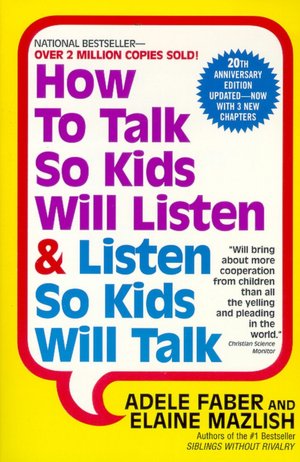I was struck by the wisdom of God in pronouncing the Sabbath day a day of rest. Many of the problems of fatigue and disorganization in this book could have been solved and even turned for the better by observing the Sabbath. Buck, as our main character is known throughout most of the novel, is quite literally run until he gives out. He starts as a house dog, king of his domain, and learns his place and how to survive in the wild.
Buck's adjustment to survival in the wild involves "the decay or going to pieces of his moral nature, a vain thing and a handicap in the ruthless struggle for existence. (p24)" The problem with this is that there is no line drawn then, and dogs are torn apart by other dogs, or teased mercilessly until their spirits break. So it is with man, and the morality must exist and bar us from crossing those lines.
At one point Buck has an "ideal master. Other men saw to the welfare of their dogs from a sense of duty and business expediency; he saw to the welfare of his as if they were his own children, because he could not help it. And he saw further. He never forgot a kindly greeting or a cheering word, and to sit down for a long talk with them... was as much his delight as theirs. (p76-77)" What a model for parenthood! Should we not, as parents, be unable to help the love and care we give, and delight in discussion with our children! How they will love and honor us if we could but be so respectful and loving.
Though Buck is not close to death at the time this quote is given, it struck me as a sort of eulogy, complex and beautiful:
(Spoiler alert, through the end:) There are two levels of "wild" addressed in this book, the first a transition from a domestic home (the 'law of love and fellowship') to survival as a sled dog (where the 'law of club and fang' rules). Buck eventually finds love and fellowship in the northern sled dog lands, and I think it is this return to peaceful living that enables him to hear within himself the call of the true wild, that of the dogs who have been running the earth fending for themselves since creation. He follows a wolf for quite some time, but then remember his master and the love and fellowship they share. He turns back.
Buck's adjustment to survival in the wild involves "the decay or going to pieces of his moral nature, a vain thing and a handicap in the ruthless struggle for existence. (p24)" The problem with this is that there is no line drawn then, and dogs are torn apart by other dogs, or teased mercilessly until their spirits break. So it is with man, and the morality must exist and bar us from crossing those lines.
At one point Buck has an "ideal master. Other men saw to the welfare of their dogs from a sense of duty and business expediency; he saw to the welfare of his as if they were his own children, because he could not help it. And he saw further. He never forgot a kindly greeting or a cheering word, and to sit down for a long talk with them... was as much his delight as theirs. (p76-77)" What a model for parenthood! Should we not, as parents, be unable to help the love and care we give, and delight in discussion with our children! How they will love and honor us if we could but be so respectful and loving.
Though Buck is not close to death at the time this quote is given, it struck me as a sort of eulogy, complex and beautiful:
He was older than the days he had seen and the breaths he had drawn. He linked the past with the present, and the eternity behind him throbbed through him in a mighty rhythm to which he swayed as the tides and seasons swayed. (p79)
(Spoiler alert, through the end:) There are two levels of "wild" addressed in this book, the first a transition from a domestic home (the 'law of love and fellowship') to survival as a sled dog (where the 'law of club and fang' rules). Buck eventually finds love and fellowship in the northern sled dog lands, and I think it is this return to peaceful living that enables him to hear within himself the call of the true wild, that of the dogs who have been running the earth fending for themselves since creation. He follows a wolf for quite some time, but then remember his master and the love and fellowship they share. He turns back.
For the better part of an hour the wild brother ran by his side, whining softly. Then he sat down, pointed his nose upward, and howled. It was a mournful howl, and as Buck held steadily on his way he heard it grow faint and fainter until it was lost in the distance. (p99)So Buck is not able to embrace the wild until his fellowship with man ceases to exist. What a blessing that in the true gospel of Jesus Christ we are able to take our families back with us when we return to God.
